The coronavirus epidemic has been terrifying the world for months. The severe disease is taking lives, making people suffer, testing the strength of medical professionals. And at the same time it leads to unexpected consequences. For example, during the quarantine, even the noisiest places on the planet resemble a desert.
Photos of deserted megacities are frightening and mesmerizing at the same time. Surely cities need a respite from the constant noise, from the stomping of millions of feet, finally from garbage and dirt. But unlike nature, which in the absence of people transforms before our eyes and regains its original beauty, they were built by man and for man. Without people, the existence of cities loses all meaning. That is why we want to believe that soon life in all its manifestations will return there.
But for now we have a unique opportunity to see how the most recognizable and crowded places of the Earth look like in the period of forced desolation. It looks like footage from a sci-fi movie.
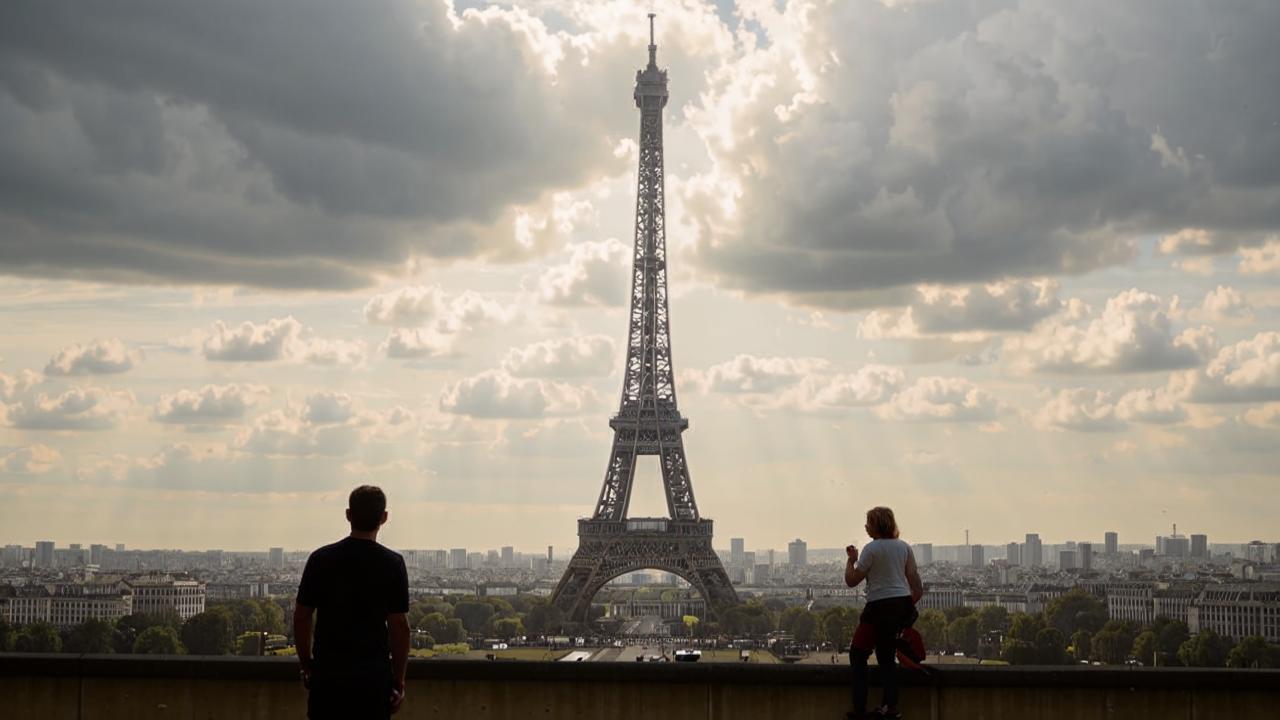
The French recall that the Eiffel Tower was deserted only during the World Wars. In general, this statement is true for most European sights, but, agree, the heart of Paris, which attracts lovers from all over the world, looks especially sad without people.
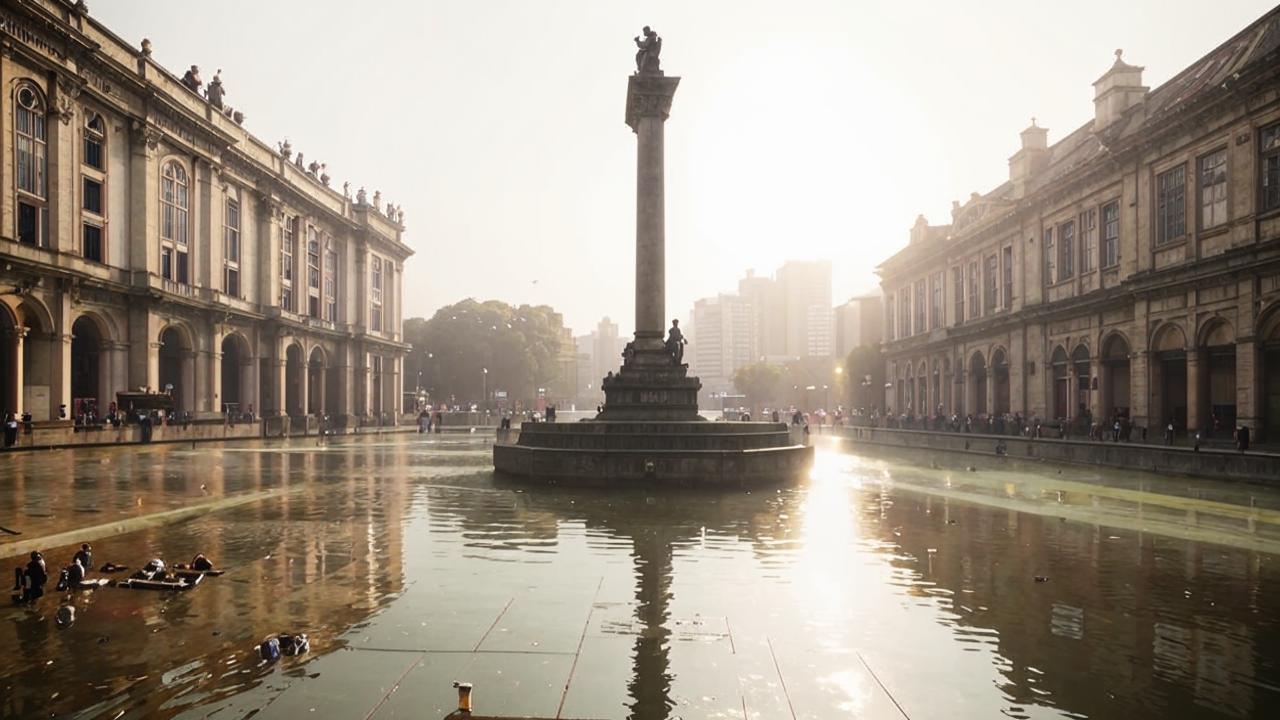
There are almost no people in London’s Trafalgar Square, where almost every guest of the English capital seeks to go in normal time.
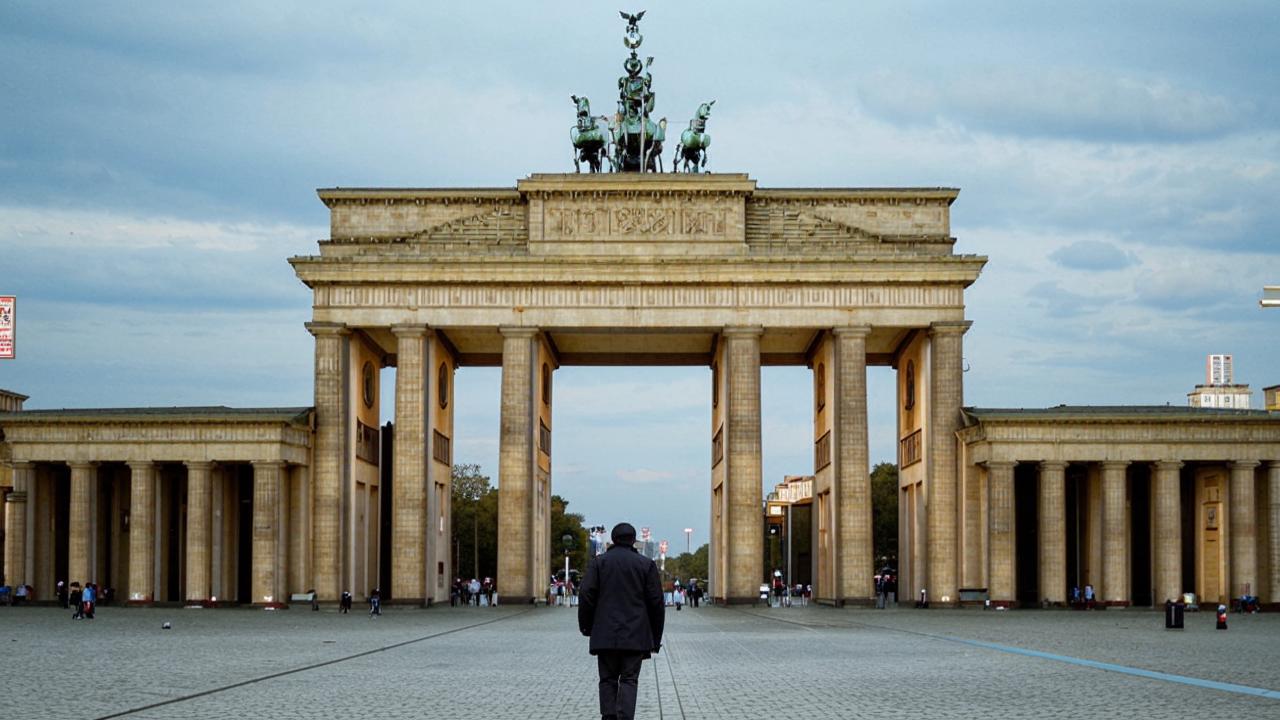
In Berlin, Victoria, the goddess of victory, looks at the unusually empty square in front of the Brandenburg Gate.
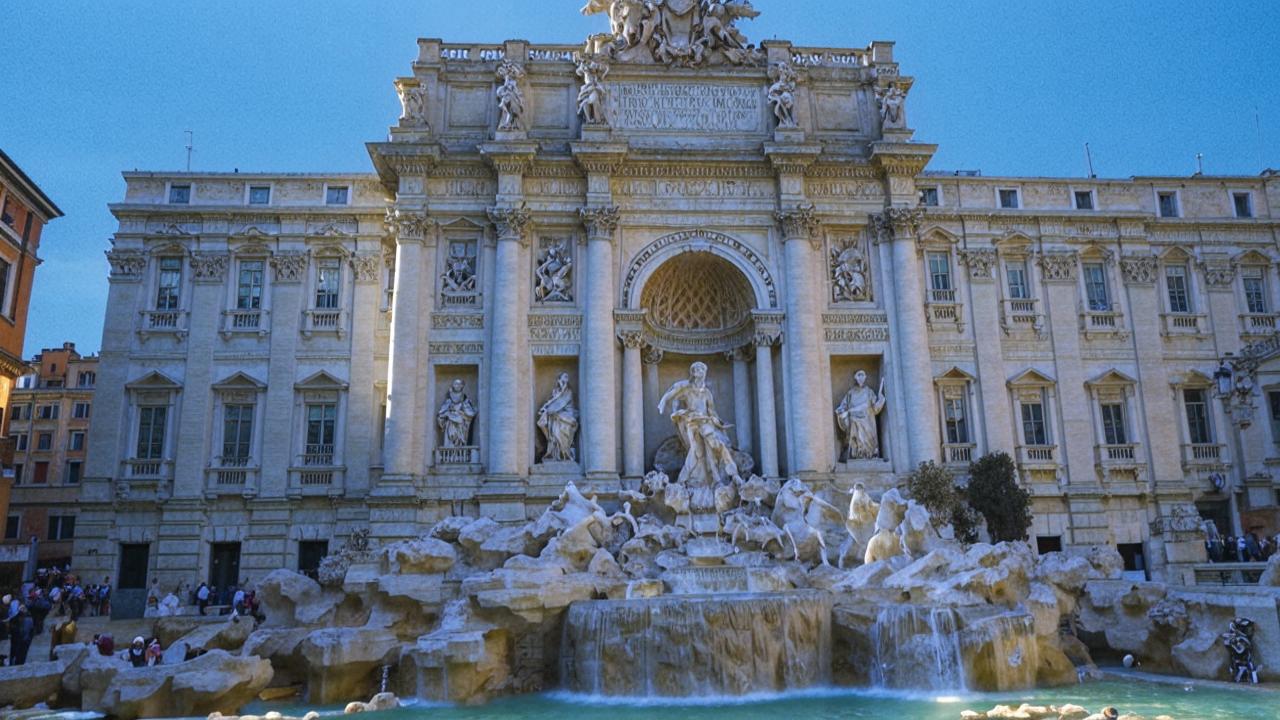
Some of the toughest restrictive measures were introduced in Italy, where tens of thousands of people fell victim to the epidemic. At the famous Trevi Fountain in Rome there is usually no place to fall, but now there is not a soul there.
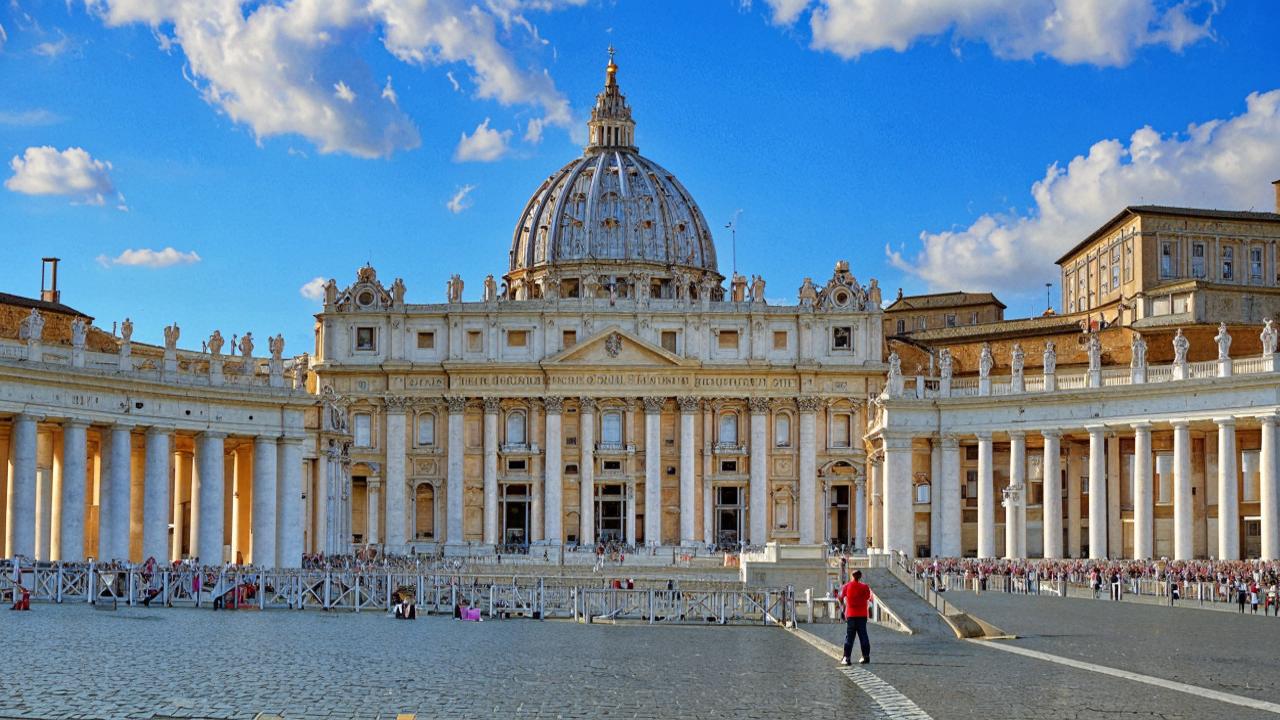
The square in front of St. Peter’s Basilica in Vatican has also died out during the quarantine. This place is in the guidebook of any tourist visiting the capital of Italy, regardless of religion. And on Sundays, when the Pope reads prayers from the balcony of the cathedral, the square is pandemonium.
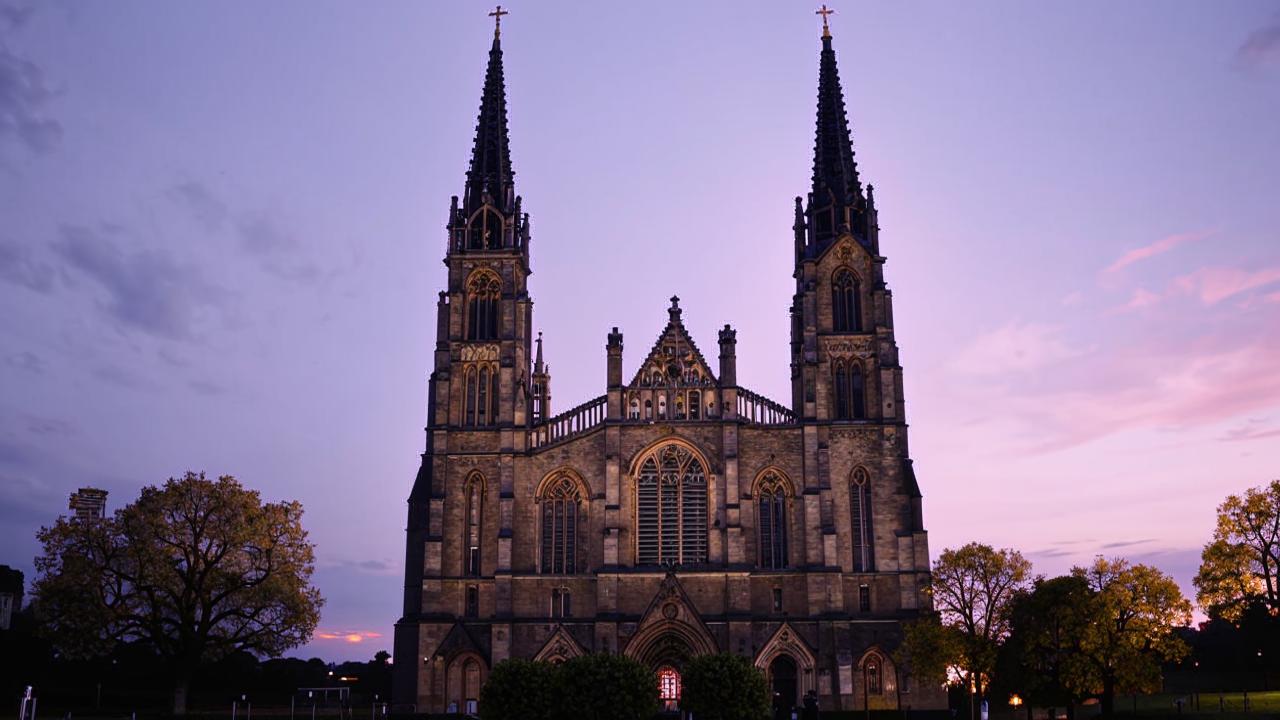
The same unhappy fate has befallen Milan Cathedral, which is rightfully included in the list of the most beautiful and mysterious temples in the world. Only three months ago, cameras were clicking incessantly near this architectural marvel and speech was heard in dozens of languages.
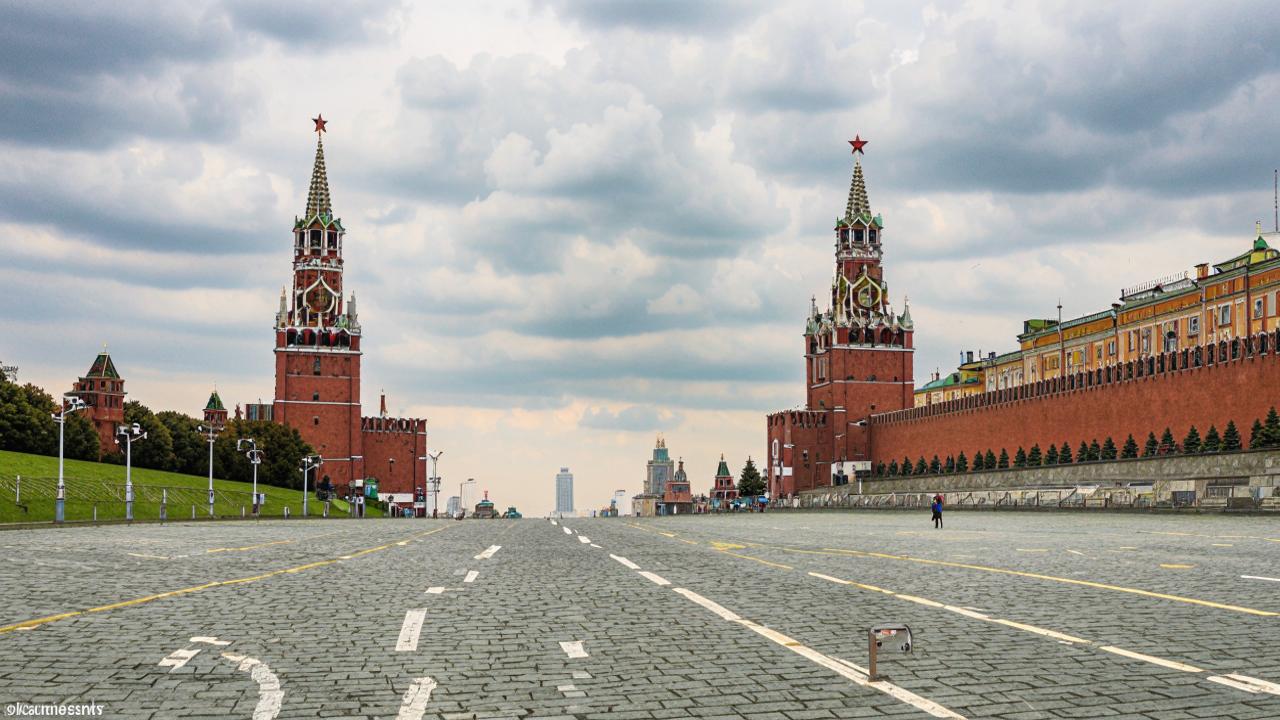
In Russia, the streets were emptied later than in Italy. On Red Square you will not meet either tourists or Muscovites strolling idly. Residents even go out to the store cautiously.
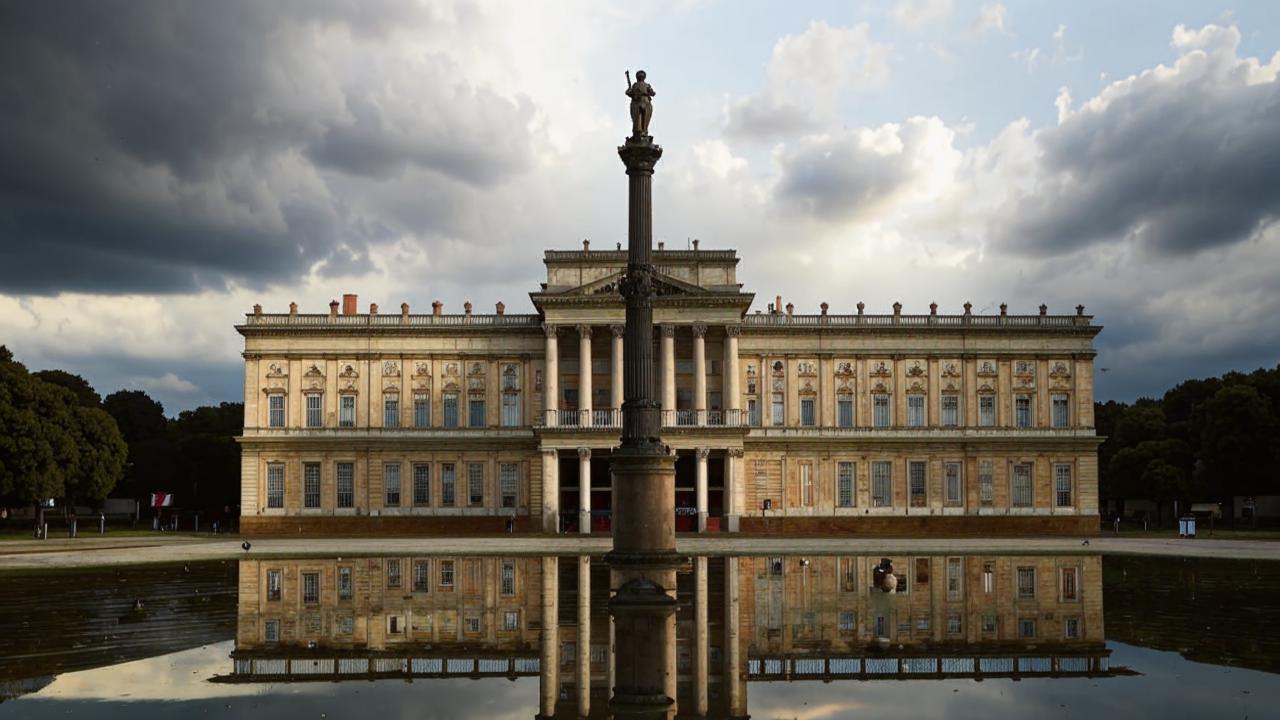
The same picture is in St. Petersburg. Museums are closed and will not be able to receive visitors until the restrictive measures are lifted.
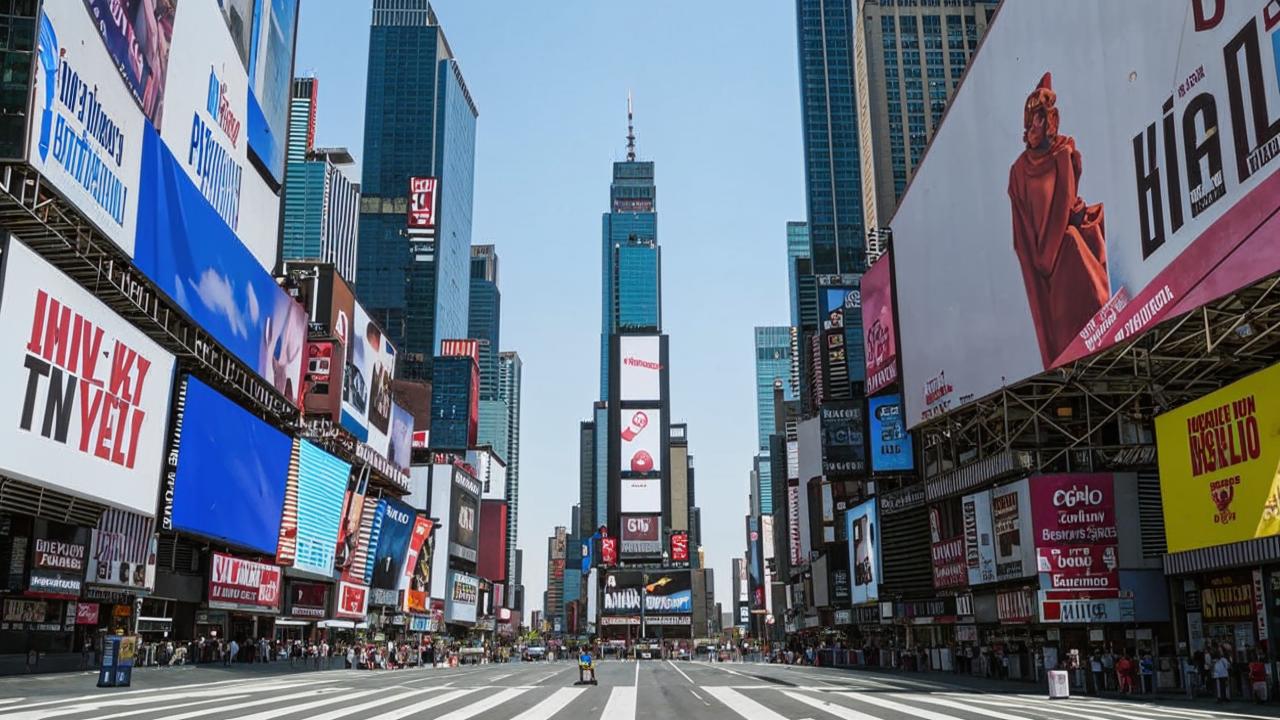
The coronavirus knows no national borders and has quickly spread to all continents. The U.S. leads the world in the number of victims, and the current images of a usually teeming Times Square will remain in history as one of the most powerful symbols of the epidemic.
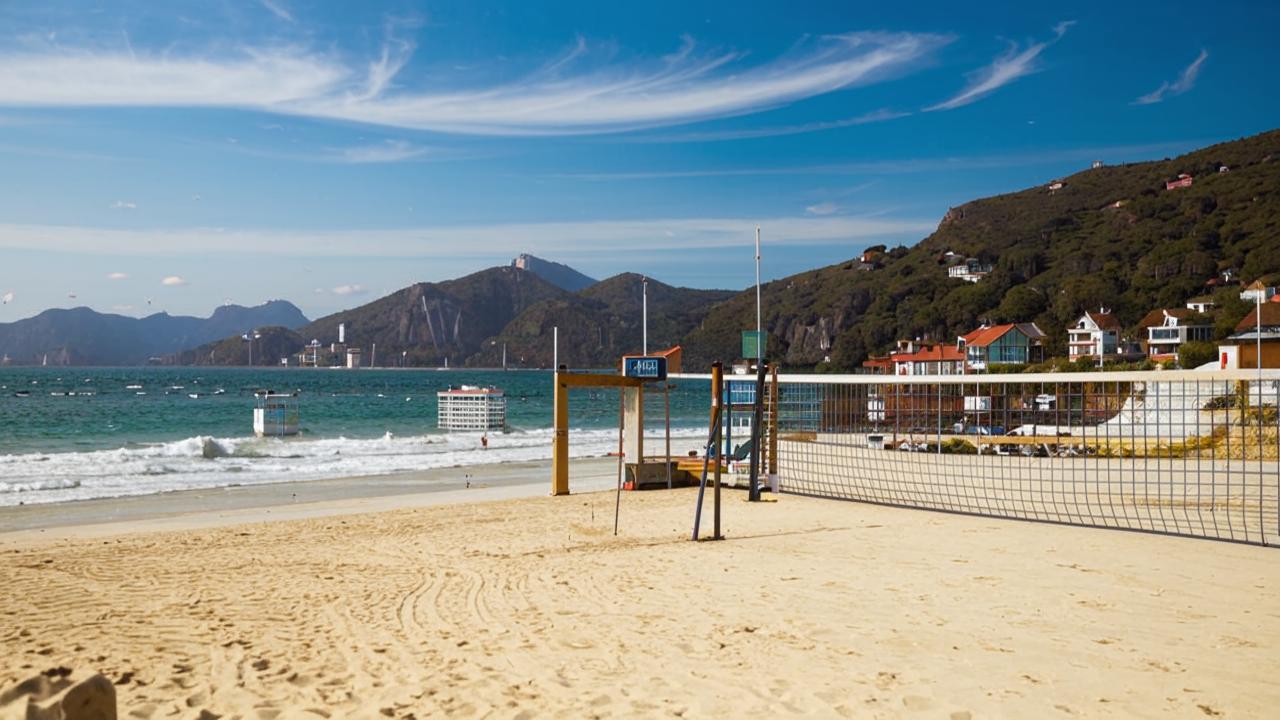
And this is what the famous beach in the town of Manhattan Beach in California looks like now. And there is no telling when these beautiful places will once again be filled with people who love to swim in the ocean.
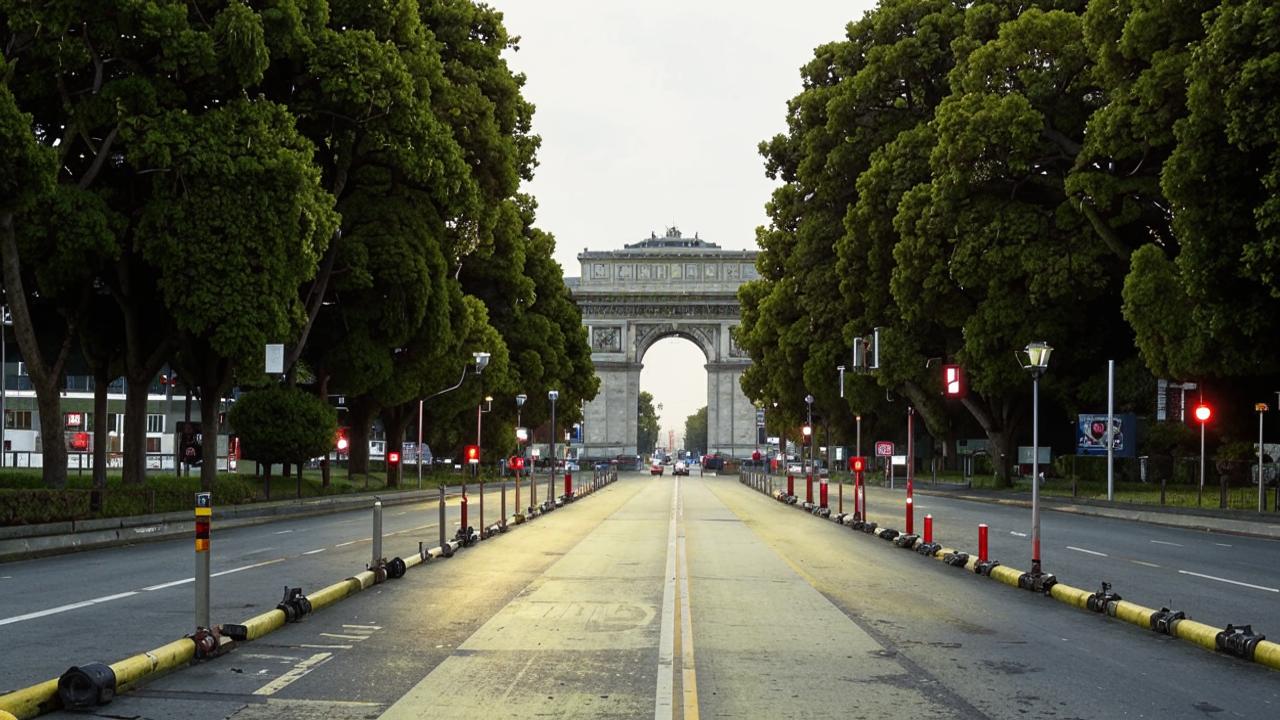
A serious fight against the spread of the epidemic is being waged in India. A nationwide quarantine is in effect there, which has already yielded results. In some regions there are practically no new cases of infection, but in most major cities there are strict restrictive measures.
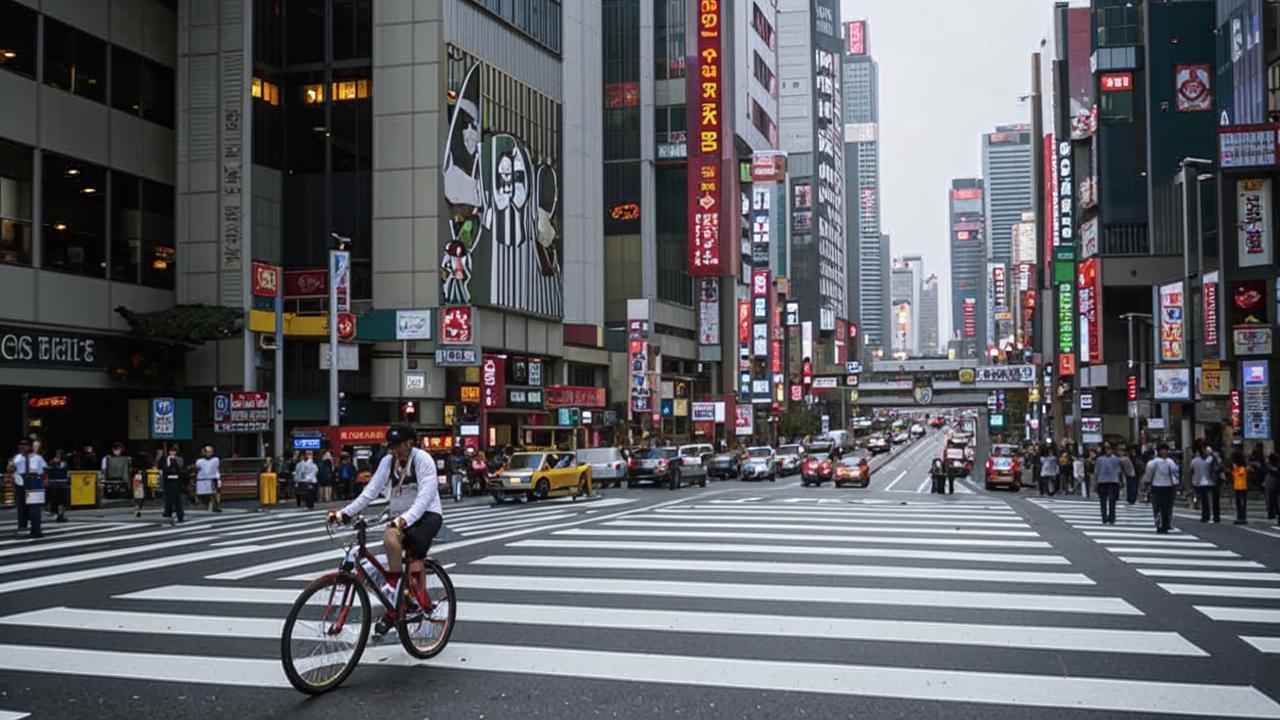
Disciplined Japanese clearly fulfill all the requirements of the authorities. Yes, there are people in the photo, but it does not show that this is one of the busiest road crossings in the world.






